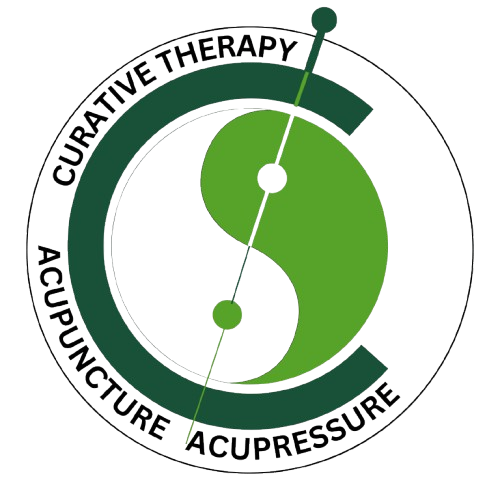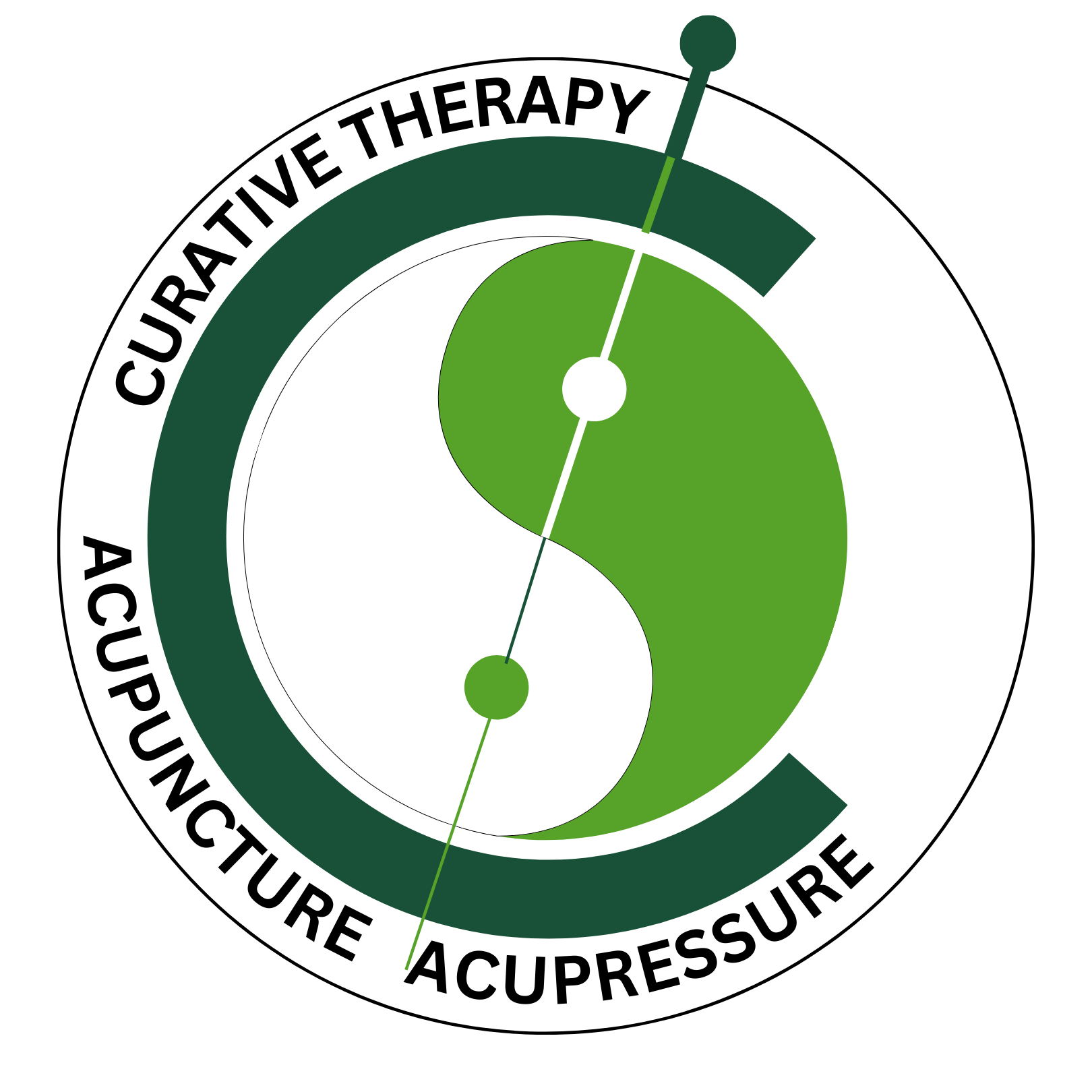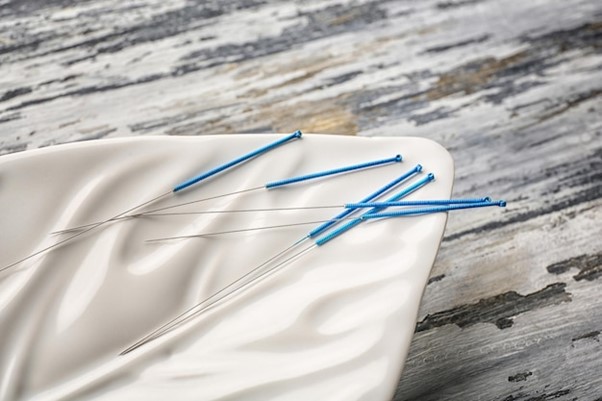In Chinese Medicine (CM), the concept of Blood is far more intricate than its biomedical counterpart. While Western medicine views blood as a physical substance circulating through the cardiovascular system, Chinese Medicine considers Blood to be the essence of nourishment, vitality, and emotional balance. Blood Deficiency is a cornerstone diagnosis in CM, describing a state where the body lacks the necessary “Blood” to support its functions fully. This article explores the origins, implications, and holistic approaches to addressing Blood Deficiency, weaving together the ancient wisdom of Chinese Medicine.
Understanding Blood in Chinese Medicine
Blood in Chinese Medicine is not just a physical substance but a vital fluid imbued with Qi (energy) and Shen (spirit). It nourishes the organs, tissues, and meridians, ensuring proper physical and emotional functioning. In CM, the Liver, Spleen, and Heart play essential roles in the production, storage, and circulation of Blood.
- Liver: Stores Blood and ensures its smooth flow throughout the body.
- Spleen: Extracts nutrients from food and transforms them into Blood.
- Heart: Governs the Blood and its circulation.
A deficiency of Blood can manifest as physical, mental, and emotional symptoms, ranging from pale skin to anxiety, insomnia, and dizziness.
Causes of Blood Deficiency
1. Dietary Insufficiencies
Inadequate nutrition is one of the most common causes of Blood Deficiency. According to CM, the Spleen-Stomach system converts food and drink into the foundational substances for Blood. Diets lacking in nutrient-dense foods like meats, grains, and iron-rich vegetables can impair this process.
2. Excessive Blood Loss
Chronic or acute blood loss, whether due to menstruation, injury, or childbirth, can deplete the body’s Blood reserves. Women are particularly susceptible because of the regular loss of Blood through menstruation.
3. Overwork and Fatigue
Overworking, both physically and mentally, weakens the Spleen and Liver, impairing their ability to generate and store Blood. The modern lifestyle, with its constant demands, often contributes to this underlying factor.
4. Chronic Illness
Long-standing diseases can weaken the body’s ability to replenish Blood. Conditions like digestive disorders hinder the assimilation of nutrients, while prolonged illnesses tax the Liver and Spleen.
5. Emotional Stress
Unresolved emotional issues, particularly sadness and worry, can disrupt the flow of Qi and impede the formation of Blood. In CM, emotions directly impact organ health, with excessive worry affecting the Spleen and sadness weakening the Heart.
Clinical Manifestations of Blood Deficiency
- Physical Signs:
- Pale complexion, lips, and nails
- Dizziness or light-headedness
- Fatigue and general weakness
- Dry skin and hair, brittle nails
- Emotional and Mental Symptoms:
- Anxiety and restlessness
- Difficulty concentrating
- Insomnia with trouble staying asleep
- Women’s Health:
- Scanty or absent menstruation
- Pale menstrual blood
- Issues with fertility or postpartum recovery
- Tongue and Pulse Diagnosis:
- Tongue: Pale, thin, and slightly dry
- Pulse: Thin, fine, and weak
The Role of Organ Systems in Blood Deficiency
1. Spleen Qi Deficiency
The Spleen is central to Blood production. When its Qi is deficient, it cannot efficiently transform nutrients into Blood. This is often indicated by digestive symptoms such as bloating, poor appetite, and loose stools.
2. Liver Blood Deficiency
The Liver stores Blood and distributes it to the muscles and eyes. When Liver Blood is deficient, symptoms like blurry vision, muscle cramps, and brittle nails often arise. Emotionally, it may manifest as irritability or frustration.
3. Heart Blood Deficiency
As the organ governing Blood and housing the Shen (mind), Heart Blood Deficiency can lead to palpitations, insomnia, and feelings of unease or emotional instability.
Treating Blood Deficiency in Chinese Medicine
1. Dietary Therapy
Nourishing the Blood starts with a well-balanced diet. Foods recommended in Chinese Medicine include:
- Proteins: Chicken, beef, liver, and eggs
- Vegetables: Spinach, beets, and dark leafy greens
- Grains: Rice, oats, and millet
- Herbs and Tonics: Dang Gui (Angelica Sinensis), goji berries, and black sesame seeds
Warm, cooked foods are preferred as they are easier for the Spleen to process.
2. Herbal Medicine
Herbal formulations play a crucial role in replenishing Blood. Commonly used formulas include:
- Si Wu Tang (Four Substances Decoction): A classic formula for nourishing Blood and regulating menstruation.
- Ba Zhen Tang (Eight Treasures Decoction): Combines Blood-nourishing and Qi-tonifying herbs for more severe deficiencies.
- Gui Pi Tang (Restore the Spleen Decoction): Strengthens the Spleen and nourishes Heart Blood, especially for those with insomnia or excessive worry.
3. Acupuncture
Acupuncture helps harmonize the organ systems involved in Blood production and circulation. Key points include:
- SP-6 (Sanyinjiao): Strengthens the Spleen and nourishes Blood.
- ST-36 (Zusanli): Tonifies Qi and Blood.
- LIV-8 (Ququan): Nourishes Liver Blood.
- BL-17 (Geshu): The influential point for Blood.
Regular acupuncture treatments not only address the root cause of Blood Deficiency but also alleviate symptoms like fatigue and insomnia.
4. Lifestyle Modifications
- Rest and Recovery: Avoid overexertion and prioritize sleep to support organ function.
- Stress Management: Practices like meditation, tai chi, and qigong can calm the mind and promote the smooth flow of Qi and Blood.
- Exercise: Gentle activities such as walking or yoga help circulate Blood without overtaxing the body.
5. Moxibustion
Moxibustion, the burning of the herb mugwort over acupuncture points, is a warming therapy that strengthens the Spleen and promotes Blood production.
Preventing Blood Deficiency
Prevention lies in maintaining a balanced lifestyle and supporting the health of the Spleen, Liver, and Heart. Regular meals, emotional balance, and moderate exercise can go a long way in preventing depletion. Women, especially during menstruation, pregnancy, and postpartum periods, should pay extra attention to replenishing their Blood through diet and rest.
Integrating Traditional and Modern Approaches
While Chinese Medicine provides a comprehensive framework for understanding and treating Blood Deficiency, integrating modern nutritional science can enhance treatment outcomes. For instance, iron supplements or iron-rich foods like lean red meat and fortified cereals may complement the dietary recommendations of CM. Collaboration between CM practitioners and biomedical professionals ensures patients receive the most holistic and effective care.
Blood Deficiency in Chinese Medicine is a multifaceted condition that reflects the interconnectedness of physical, emotional, and spiritual health. By addressing its root causes and manifestations through dietary therapy, acupuncture, herbal medicine, and lifestyle changes, Chinese Medicine offers a holistic approach to restoring balance and vitality. Whether through nourishing meals, calming acupuncture sessions, or the gentle warmth of moxibustion, the path to replenishing Blood is one of harmony and holistic well-being.
Through this lens, the ancient wisdom of Chinese Medicine continues to offer invaluable insights into health, empowering individuals to thrive in both body and spirit.



